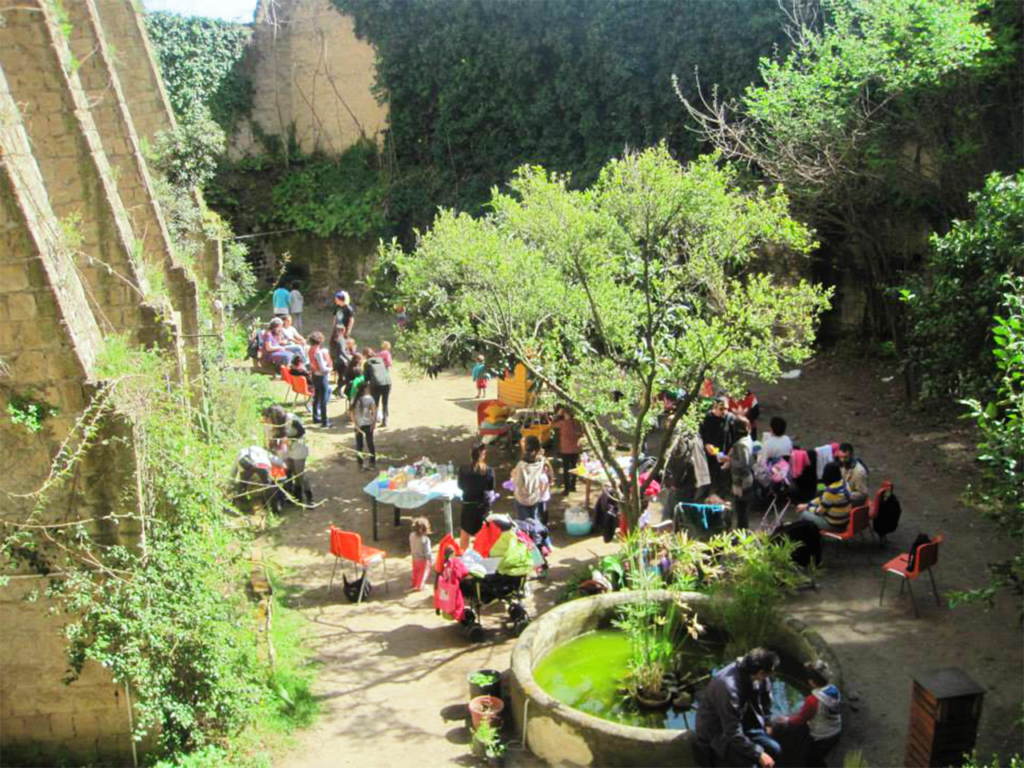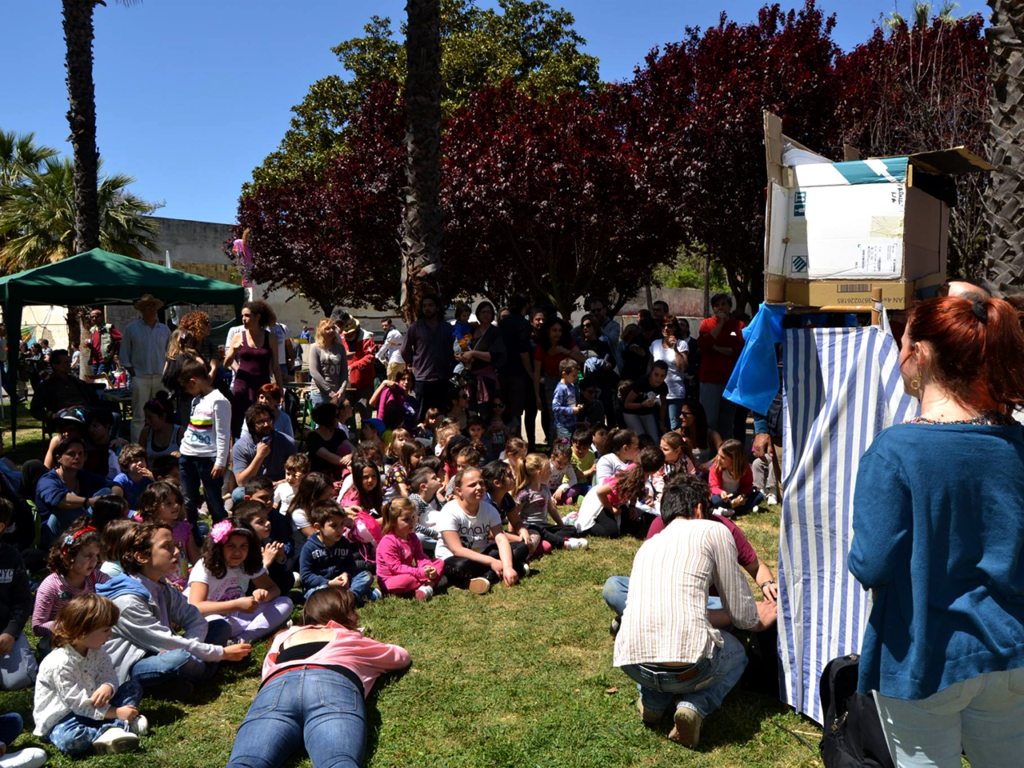The Permanent Citizen Observatory of the Commons of the City of Naples is a participatory consultative body, appointed by the Mayor through a public notice aimed at involving people who are competent but also personally active in participatory processes and the commons in Naples and beyond. It is, therefore, a body that tends to integrate and bring into dialogue with the administration the knowledge coming from direct experience and practices, in the belief that it can serve to make administrative action closer to the needs of those who live in the city and claim a voice in decision-making processes.
The body is composed of 11 members and has the task of:
- promote the mapping of unused or underused spaces that could be put to social use and at disposition of participatory processes;
- contributing to the elaboration of declarations of civic use, supporting the self-governance process of enacting own rules of the communities of reference;
- to promote public debate between the social actors involved in urban regeneration in order to jointly develop proposals for the social and collective use of public goods;
- to collect, together with the competent departments, requests for the temporary use and civic use of the spaces to be valorised by social processes;
- expressing opinions on the Municipal Council’s proposals concerning the commons, participatory democracy, neo-municipalism and fundamental rights such as the right to a house and dwelling;
to become a place of permanent confrontation both in the city institution and in the city as a whole, in order to facilitate shared visions on methodologies and practices for the reactivation of citizenship with regards to democracy and horizontal participation.

How it came to be
The Observatory was established in 2013, but its functions and composition have been modified following the Decree of the Mayor n. 55 of 08/03/2018 , in order to make it closer to the citizen’s initiatives active in the commons and other participatory processes.
The new configuration came about as a result of a push by the Neapolitan network of common goods, which had converged in 2015 in the “Massa Critica Napoli” movement. This movement was born before the elections with the aim of building a path of public assembly discussions to provide a political agenda for the city, to whomever would be the next mayor. This movement, which claimed more decision-making space for the and inhabitants in the institutions, encountered an administration open to dialogue with these new participatory forms. After a long process of advocacy and negotiation, the Observatory was finally set up as an instrument of control and democratic incentive on the acts of the municipality concerning democracy, the commons and fundamental rights.
Examples of the Observatory’s activities
The Observatory, in its current composition, has been active for almost … years, and has dealt with a variety of issues relating to public dialogue, either on its own initiative, at the request of the administration or at the instigation of the commons communities and other city entities. For example:
- it has accompanied the writing of the declarations of civic and collective urban use of the communities of Villa Medusa, ex Lido Pola and Scugnizzo Liberato, giving a positive assessment for their recognition by the City of Naples;
- it received the petition for the recognition of Monachelle as a commons, assisting the community in the process of requalification of the property (property consider as for disposal);
- It supports the administration in its relations with the commons, playing a consultative role with respect to the projects and works undertaken in the commons;
- it has played a supportive role in the application of the rules imposed by the Covid-19 emergency, identifying legal and administrative strategies to safeguard the social and cultural purpose of the commons to the greatest possible extent;
- it has represented a space for dialogue on new fields of elaboration on the issues of the commons, with reference to commons archives and open data policies;
- Its support to the commons, at the city and national level, contributed to the drafting of the Municipal Urban Plan, strengthening the strategic profiles concerning the mapping and protection of the commons.
In general, the body remains open to the requests and concerns of citizens and inhabitants through its institutional email address: osservatorio.benicomuni@comune.napoli.it.

Research perspectives of the Observatory
The Observatory has a research function, mobilising scientific expertise to contribute to the protection and promotion of the commons. In particular, these activities refer to the legal forms of protection of the commons at local and national level, to the integration of processes of self-regulation into local policies, to the emergence of the ‘civic profitability’ of the commons, with the aim of non-commodification and recognition of civic use by the pertinent institutions.
To know more: